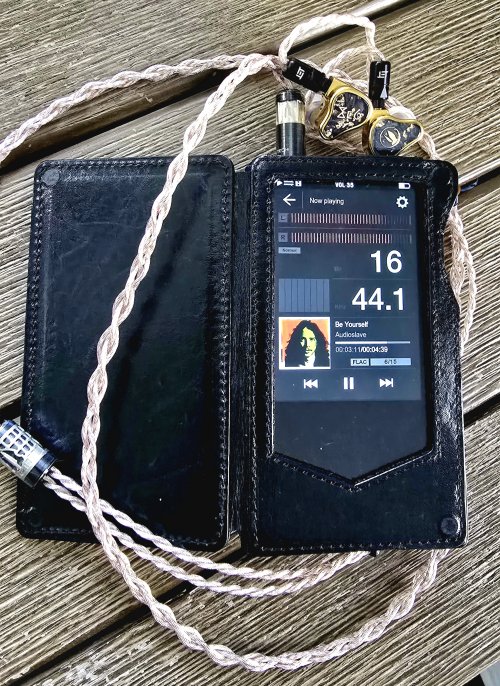When, e.g., Kenny Garrett plays his specific alto sax in a room, with no mics, it's a very specific sound, based on his playing technique, the exact instrument he is playing, and the reed he is using. If you were to record that, then play it back in the same room right away, you would be able to compare the live sound to the reproduced sound. (It's quite another matter to figure out what part of the recorded sound is contributed by the mic, the rrecorder, the playback electronics, etc.) In a lot of ways this is all a giant 'Don't care'.
Now, compare a keyboard player (I'll let you pick your own this time), playing an acoustic piano in front of you, vs, a synth keyboard which is NOT connected to any electronics. How does the piano sound compared to the synth?
Now, 'plug in' the synth and compare again. The difference will depend on the keyboard amp and speaker (but let's leave this asdde for the current thought-experiment) and the programming of the synth. Is it made up of purely elctronically created stuff, or live-recorded acoustic samples, or perhaps sampled electronic sounds (if there even is such a thing). Synths can produce sounds that cannot be made by any acoustic instrument,and they have tremendouos artisitic value, and are part of tons of awesome music.
My point is that, once you introduce these 'purely electronically produced souonds' (OK, perhaps I am coining a term here) you have no live, original referecne for them, against which to compare the r4eproduced sound, in order to tell whether your playback gear is oure, natural, ariticial, bright, dull or otherwise. I mena this purely in the epstemological sense (although I hope I don;t epist anybody off, lol).
I know this philosophy stuff good - I even have a picture of one of the shadows from Plato's Cave right here:

 . Well put..
. Well put..








































